

"HRIC’s publications include bilingual and Chinese-language journals, as well as books, reports, and white papers aimed at diverse readerships.
These publications inform the international community on critical human rights-related issues and developments inside China; deepen the public’s understanding of these issues and developments; and advance informed domestic and international discussions and responses.
HRIC’s books, reports, and white papers cover diverse critical human rights-related topics, including the National Security Law in Hong Kong, media censorship, state secrets, ethnic minorities, and human rights and counterterrorism. Products of HRIC’s active and extensive engagement with UN human rights mechanisms, HRIC’s parallel reports and submissions to UN treaty bodies and special procedures address the most urgent human rights issues in China in the context of international human rights norms and standards.
Available in HRIC’s archives are two electronic journals: the semiannual, bilingual China Rights Forum (CRF, 1999-2015; issues published in 1990-1998 available in print only), and the biweekly Chinese-language Shuangzhoukan (SZK, 2009-2020). These publications served as uncensored platforms for domestic voices pressing for reform, greater official accountability, and the rule of law. Contributors from mainland China included independent intellectuals, academics, lawyers, rights defenders, and other activists.
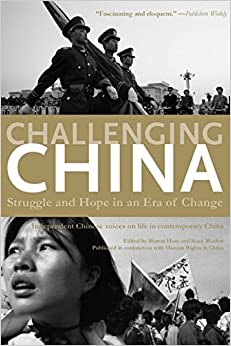
A collection of personal narratives and essays by Chinese journalists, intellectuals, lawyers, and activists, on topics including life of peasants and migrants, crime and punishment, prostitution, media censorship, and social and economic inequalities. Incudes two essays by Liu Xiaobo. “Those who want to know what life is really like inside China must read this essential book,” Ian Buruma Purchase from Amazon Smile
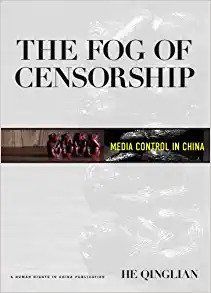
The Fog of Censorship: Media Control in China is an expanded, English-language edition of He Qinglian’s 2004 groundbreaking study of China’s media censorship system, Media Control in China. It analyzes how media control in China is carried out through an elaborate architecture of pervasive Party supervision, a broad and vague state secrets system, stringent publishing and licensing mechanisms, control over key personnel, and the concentration of press groups under a handful of media organizations operating directly under the Party. He Qinglian also describes how new technologies, provided in part by Western companies, have strengthened Internet surveillance and censorship. He Qinglian (何清涟) is an economist from China and is the author of several books, including China’s Pitfall. She has been living in the United States since 2001. Purchase from Amazon Smile
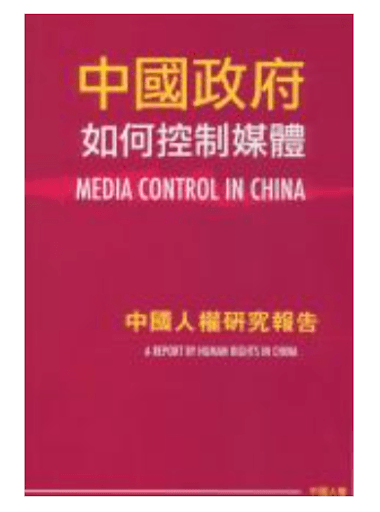
A groundbreaking analysis of China’s media censorship system, including the laws, the control and classification mechanisms, the press, and the developing Internet information management policy. He Qinglian (何清涟) is an economist from China and is the author of several books, including China’s Pitfall. She has been living in the United States since 2001. A revised and expanded edition (2006) includes updated chapters, an expanded section on the Internet, and English translation of select portions of the book. (Liming Cultural Enterprises Co., Ltd.)
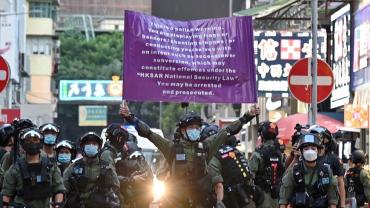
On June 30, 2020, the Standing Committee of the National People’s Congress (NPCSC) unanimously passed the sweeping Law of the People’s Republic of China on Safeguarding National Security in the Hong Kong Special Administrative Region (National Security Law or NSL). The NSL prohibits acts of secession, subversion, terrorism, and collusion with foreign forces and creates a set of new implementing entities, all effectively under the control of the Central People’s Government (CPG). HRIC’s whitepaper highlights importance of the international human rights framework to ensure its implementation complies with China’s international obligations. The whitepaper includes recommendations for engagement with diverse stakeholders and an annotated bilingual chart of the law that identifies English translation concerns.
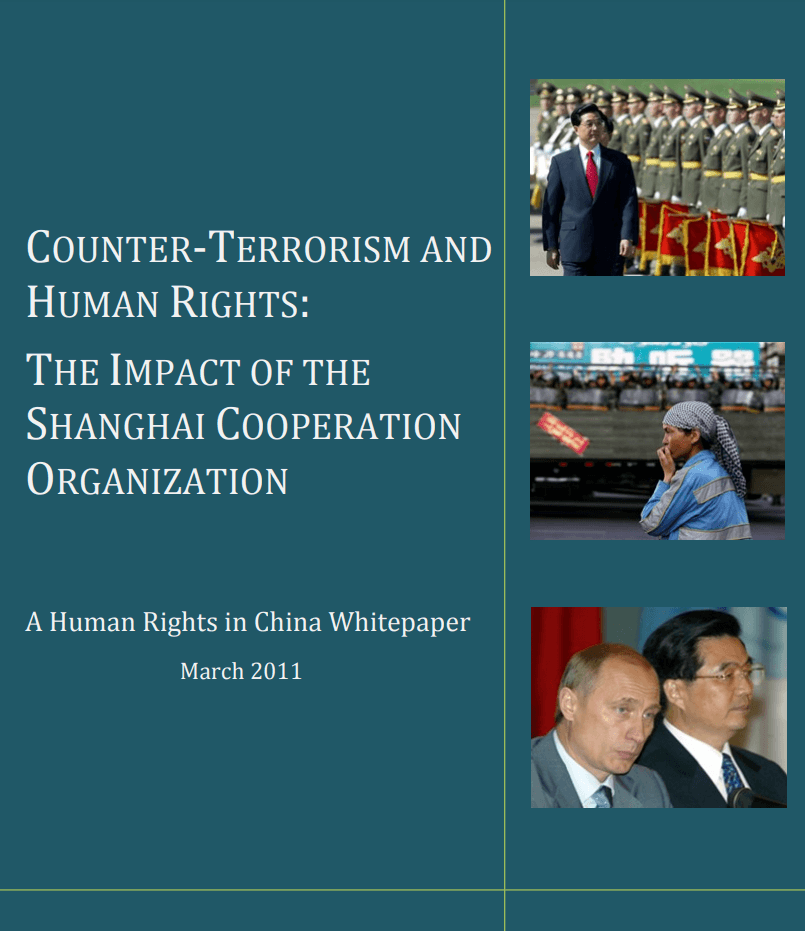
This HRIC whitepaper analyzes the counterterrorism policies and practices of the Shanghai Cooperation Organization (SCO), a regional group comprising six states with deeply troubling human rights records: China, the Russian Federation, Kazakhstan, Kyrgyzstan, Tajikistan, and Uzbekistan. It highlights the potential human rights impacts of these policies and practices that also enable SCO member states to target their own populations through repressive measures that compromise internationally recognized human rights, including undermining non-refoulement, privacy rights and due protections.
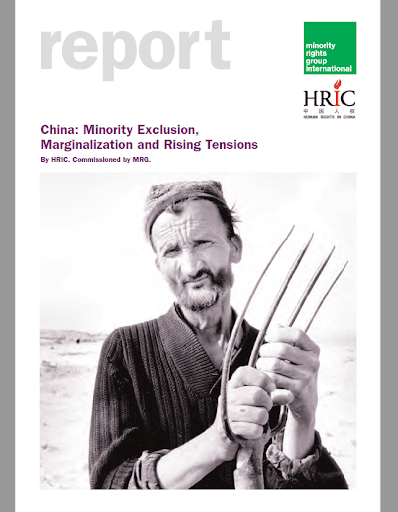
The HRIC Daily Brief is a daily selection of news stories and commentary and analysis items related to human rights in China, including the Hong Kong Special Administrivia Region, that are drawn from Chinese- and English-language news and online media sources that we monitor daily. In addition to headlines and source links, HRIC also provides English translation of Chinese headlines. Subscribers to the HRIC Daily Brief include individuals in the NGO and academic communities, government staff members, journalists, funders, and members of policymaking bodies. Items are organized under six regular categories: China's Reach & Internal Control; International Responses; Human Rights Defenders & Civil Society; Law & Policy; Current Topics; and Commentary & Analysis.
Published in 1990 – 2015 (quarterly until 2011 and semi-annually in 2012-2015), China Rights Forum examined a wide range of major human rights issues facing China through essays by Chinese contributors, interviews with and articles by foreign experts, and original contents by HRIC. The issues published in 1999 – 2015 are available online. See more.